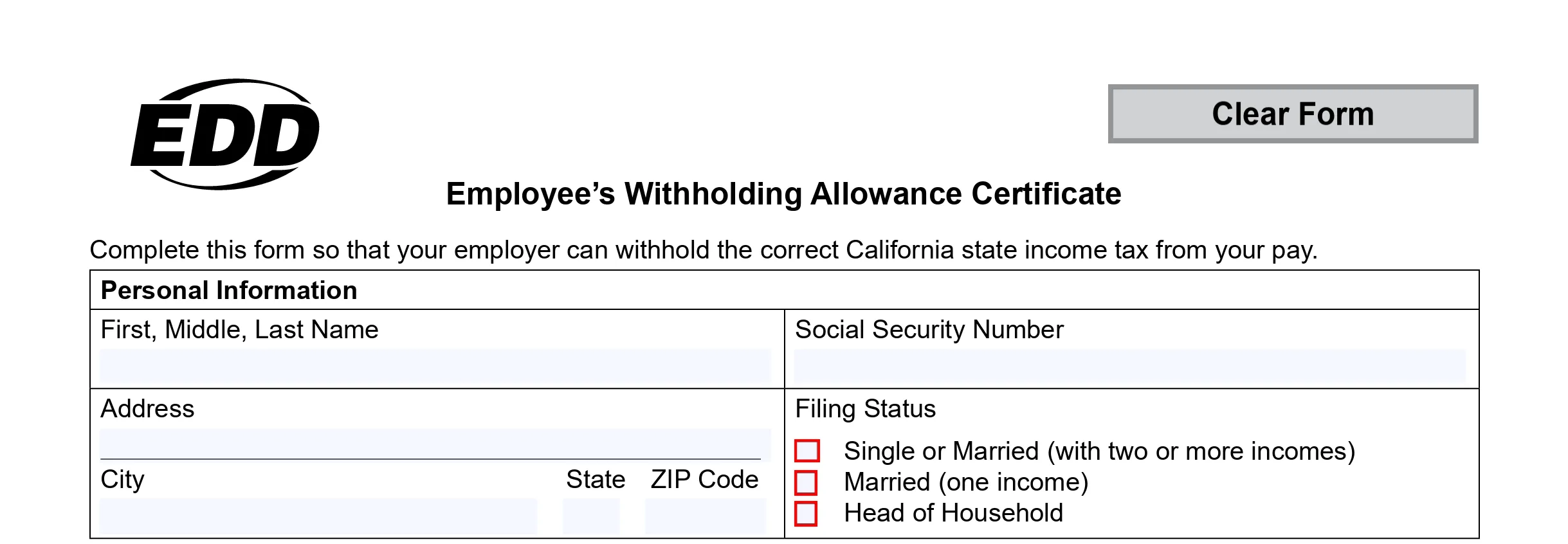Paid Time Off (PTO) recommendations for Small Businesses

As a business owner and employer, it is important to set up your PTO Policy, adhere to it, and to apply it equally to all your employees. Handling request time-off can be challenging. You can encounter understaffed days or perhaps, with two employees requesting the same time off.
We have gathered some key points we want to share with you to be able to manage PTO without affecting your productivity.
- Set up your PTO Policy and maintain consistency around all your employees.
- During the “New Employee Onboarding” Process make sure you discuss this guidance to clarify any doubts they may have.
- Set up how much paid time off your employees can get a year. On average, it is 10 days of PTO a year, but you should always check your state labor laws.
- For new employees, it is recommended to set up a probation time before they can start accumulating and requesting paid time off.
- Establish how much time in advance an employee needs to request their PTO. This is important to manage your schedule to avoid understaffing.
- Does your industry require to have Blackout dates? For example, retailers usually have a blackout period from Thanksgiving to the end of the Christmas season.
- Decide if they can carry over any unused PTO to the upcoming year. (check state law)
- You can encounter a situation of an employee’s resignation or termination with unused PTO. Will you pay for these days? Refer to your State’s Department of Labor. There is a list of states that have this requirement.
- Set up Sick leave days per year and be sure to include if this will be paid or not.
- Would you allow your employee to take more days off after they have used all their PTO? You can always deny the request or you can just allow them to take them as unpaid leave.
- Decide if you want to adhere to Federal Holidays, and if not, be clear on how the compensation will be.
Is important to mention that every state has its own laws and regulations for PTO and sick days. We encourage you to review your State Department of Labor before you draft your Policies. If your state does not require to offer PTO it will be on you to decide if your business wants to implement it or not. The reality is, offering PTO is a good recruitment and retention tool to attract and keep top talent who want flexibility.
If you found this information helpful please like and share.Need help? Contact us at [email protected] or by phone (510) 992-3499



